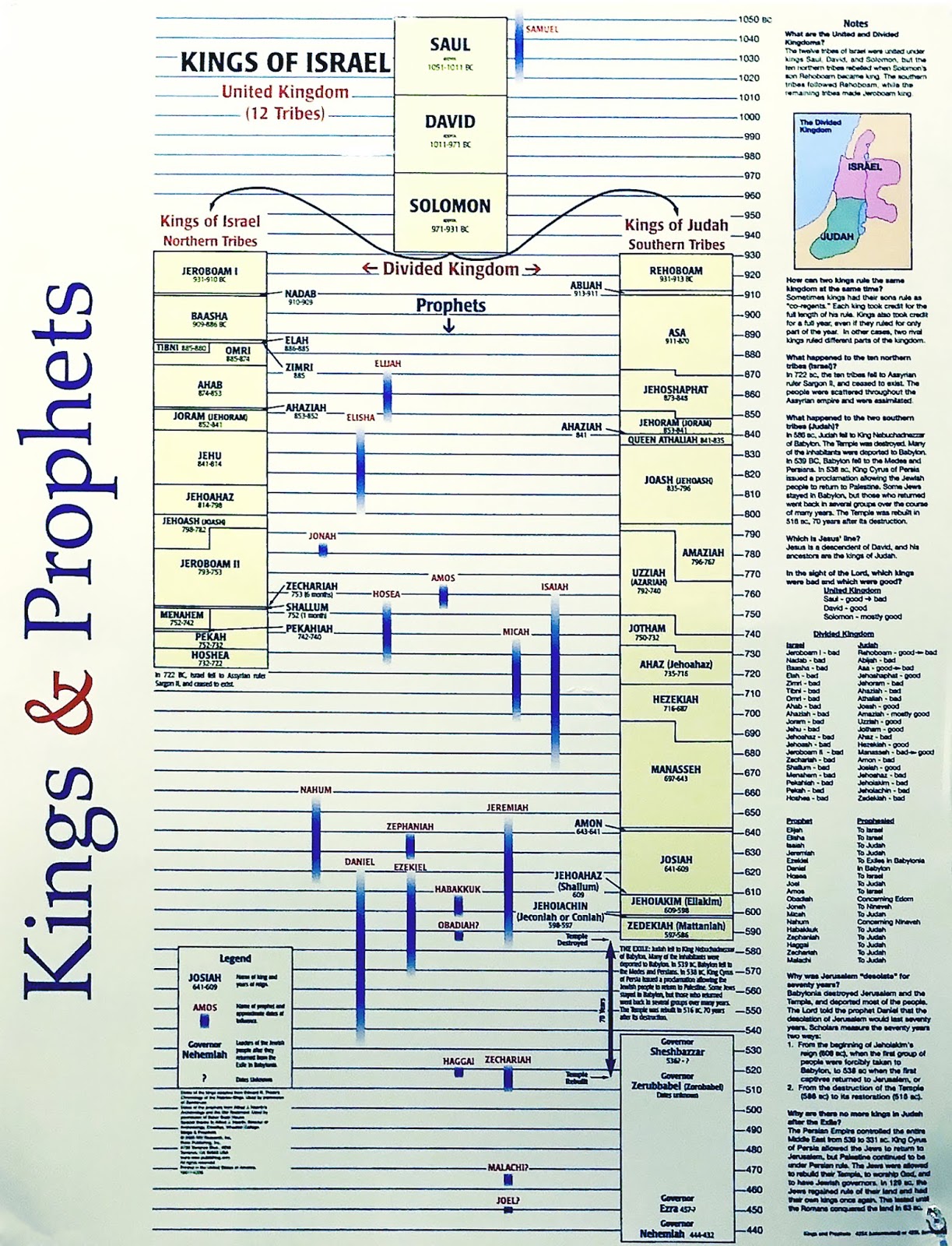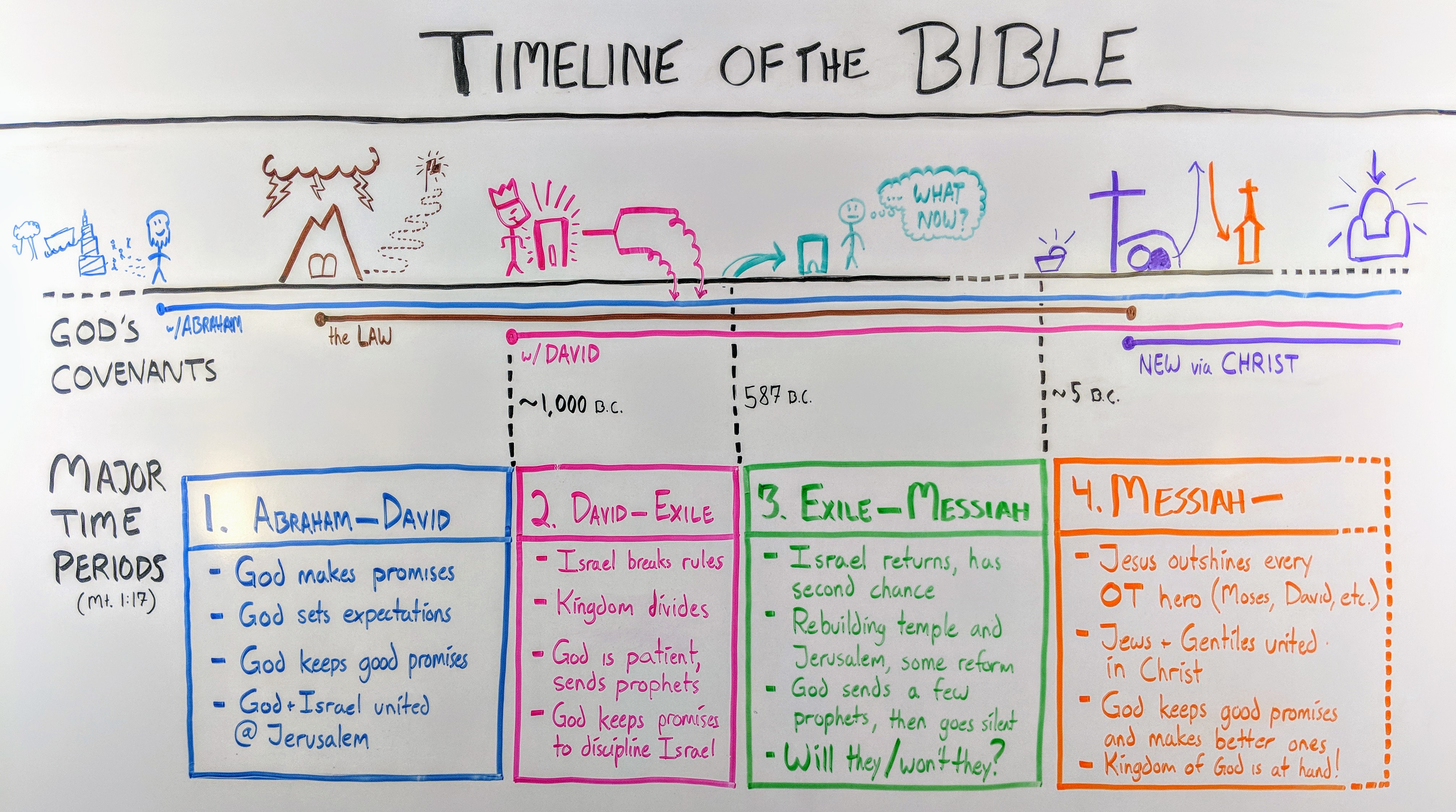

David, a king whose Psalms were considered prophetic by the Jews (Acts 2:30).Samuel, who anointed two kings of Israel on God’s behalf (1 Samuel 3:19–20).Moses, the greatest of the Old Testament prophets (Deuteronomy 34:10).Abraham, whom God himself calls a prophet (Genesis 20:7).The Bible names many prophets, but some of the most significant prophets to remember are: The most famous example of this takes place in the showdown between Elijah and 450 prophets of the Canaanite god Baal (1 Kings 18:16–39), when Elijah demonstrates he’s the one who speaks on behalf of Israel’s true God. And to further complicate things, while God has his own prophets, there are prophets who speak on behalf of other gods, too.

It’s also important to note that the Bible mentions false prophets, individuals who claim to speak on God’s behalf, but don’t. So while Saul technically speaks prophesy, his role in the story of Israel isn’t a prophetic one, and so the Bible doesn’t treat him like a prophet. Saul falls under the influence of God’s spirit and begins prophesying-although we don’t know what he said (1 Samuel 10:9–12). Perhaps the best example is Saul, who would become the king of Israel.

Many people utter or write prophetic statements in the Bible, but not all of them are specifically referred to as prophets. Some of their messages are more dramatic than others: some prophets (like Ezekiel and Zechariah) see elaborate visions, while others simply call the people to remember their allegiance to Israel’s God and the Torah (like Haggai and Malachi). Prophets are humans who speak on God’s behalf. If we understand both of these uses of “prophet,” then we’ll be much better prepared to understand the Bible-both the cryptic prophetic passages and the Scriptures as a whole. The books of prophecy in the Old Testament.When the Bible mentions prophets, it’s usually referencing the following: In this guide, we’re going to cover a few important points:

However, in the Bible, the prophets played a much larger role. When modern folks talk about “prophets” and “prophecy,” they’re often referring to someone foretelling future events.


 0 kommentar(er)
0 kommentar(er)
